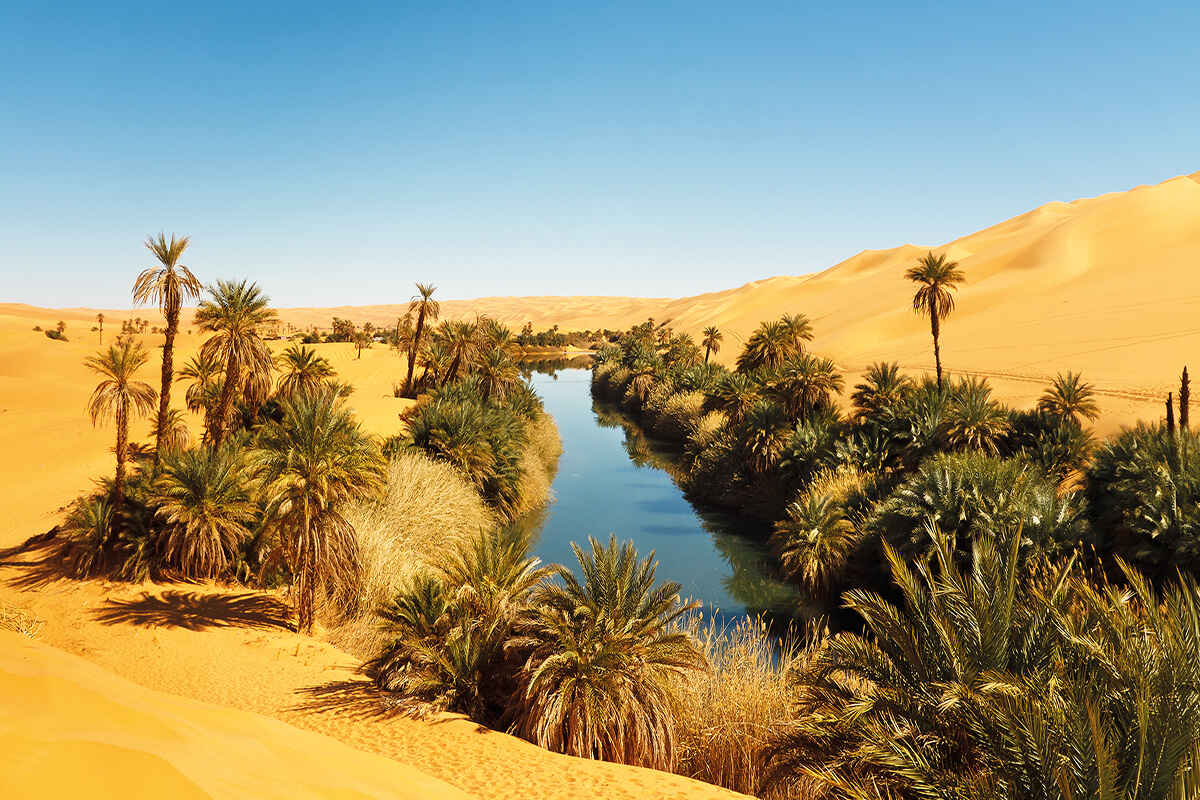
Peter Frankopan’s hugely ambitious latest book looks at how human history has been shaped by climate, geography and natural disasters
Review by Mark Rowe
Book of the month
As a young boy, Peter Frankopan, so spooked by the prospect of environmental catastrophe, whether it be reports of acid rain on John Craven’s Newsround or just plain old nuclear Armageddon, kept a ‘just in case’ bag by his bed. It contained chocolate, a Swiss Army penknife and a deck of playing cards. In so doing, Frankopan was, perhaps unwittingly, responding as humans have throughout time to unfolding or perceived existential threats: muddling through, hoarding the resources of the day and hoping luck would go his way.
To some extent, this is the theme of this absorbing, hugely ambitious and multi-threaded book. Human history is a story not just of great leaders, unlucky losers and random slings and arrows. Much more than that, our own journey on the planet has been shaped by landscapes, weather, climate and natural disasters that can, seemingly at a whim, bring down or create empires, trigger societal collapse and provide the springboard for a rebuild from anarchic ruins. As Frankopan puts it: ‘We owe our presence on Earth to previous dramatic climate change and to the fluke circumstances that have made this planet well suited to our own existence.’ Environmental factors, he argues, aren’t actors in the story of our species – they are the very stage on which our existence has been, and continues to be, played out.
It’s worth persevering through a slightly breathless introductory chapter. Frankopan draws parallels between John Milton’s Paradise Lost and our current times of ecological degradation. Milton, however, could be interminably bombastic. As a huge admirer of Frankopan’s Silk Roads, I found his rather overwrought introduction surprising, even exasperating. When he lists the ways in which climate is created, from the tilting of the planet’s axis to oscillations of liquid iron in the Earth’s outer core, geographers may feel that they’re witnessing the scales fall from the eyes of a historian.
Cut Frankopan a generous degree of slack. He has attempted successfully, and deftly, what few others have and provided an overarching perspective of the way climatic events and trends, geography and human opportunism have intertwined and defined Homo sapiens’ relationship with the planet.
Evaluating history through this lens of climate explains a good deal. Humans have lately (geologically speaking) had a good run for our money. Despite volcanoes blowing their tops now and then, the climate has been relatively favourable for some 10,000 years. Frankopan notes how our species moved out of the Levant not just because we were curious but because we could – the Sahara, for example, was transformed into a green savannah. The sheer volume and depth of examples is consistently enlightening and show how agricultural surplus led to the creation of functional states, how belief systems have been intertwined with climate and geography.
Accidents of timing are everything. Genghis Khan and his acolytes created the largest empire ever known not just through ‘the selective use of extreme violence and supreme battlefield innovation’; they also benefited from an extraordinary pluvial period in Mongolia around 1211 that dramatically expanded the amount of pastureland, providing for increases in livestock – above all, of horses.
Such serendipity runs throughout human history. Civilisations come and go. Sometimes this is down to charismatic leaders, but Frankopan marries this with the climatic context, making use of what he calls ‘the golden age’ of new environmental evidence. Major population shifts in the Sahara 6,000 years ago are explained by the West African monsoon system at that time. Other events show that the Indian summer monsoon has long been intertwined with the weather of the North Atlantic; temperate weather facilitated the rise of European empires.
Our current self-inflicted climate crisis is but the latest in a long list of environmental challenges to shape human behaviour. For anyone who buys into the idea of human exceptionalism, this prompts a rather deflating thought. ‘Nature does not care who wins or loses and does not choose one form of biota over another,’ says Frankopan. ‘Our loss will be the gain of other animals and plants.’ His frustration is palpable when he writes: ‘One thing is certainly clear: if we and future generations cannot prevent or adapt to global warming then we go the way of a vast number of other species from the past.’
Plato, astute as ever, got there first. Frankopan tells us how the Greek philosopher-worrier appreciated that ‘many great convulsions’ had shaken societies and changed landscapes. ‘What now remains compared to what then existed is like the skeleton of a sick man, all the fat and the soft soil having wasted away.’ Returning to Milton, Frankopan addresses the big question that sits before us: having lost paradise, will we ever regain it? History isn’t encouraging. We’ve been pushing our luck by interfering with the climate for some 5,500 years, warns our author. ‘Perhaps we will find our way back there through peaceful means; a historian would not bet on it.’




